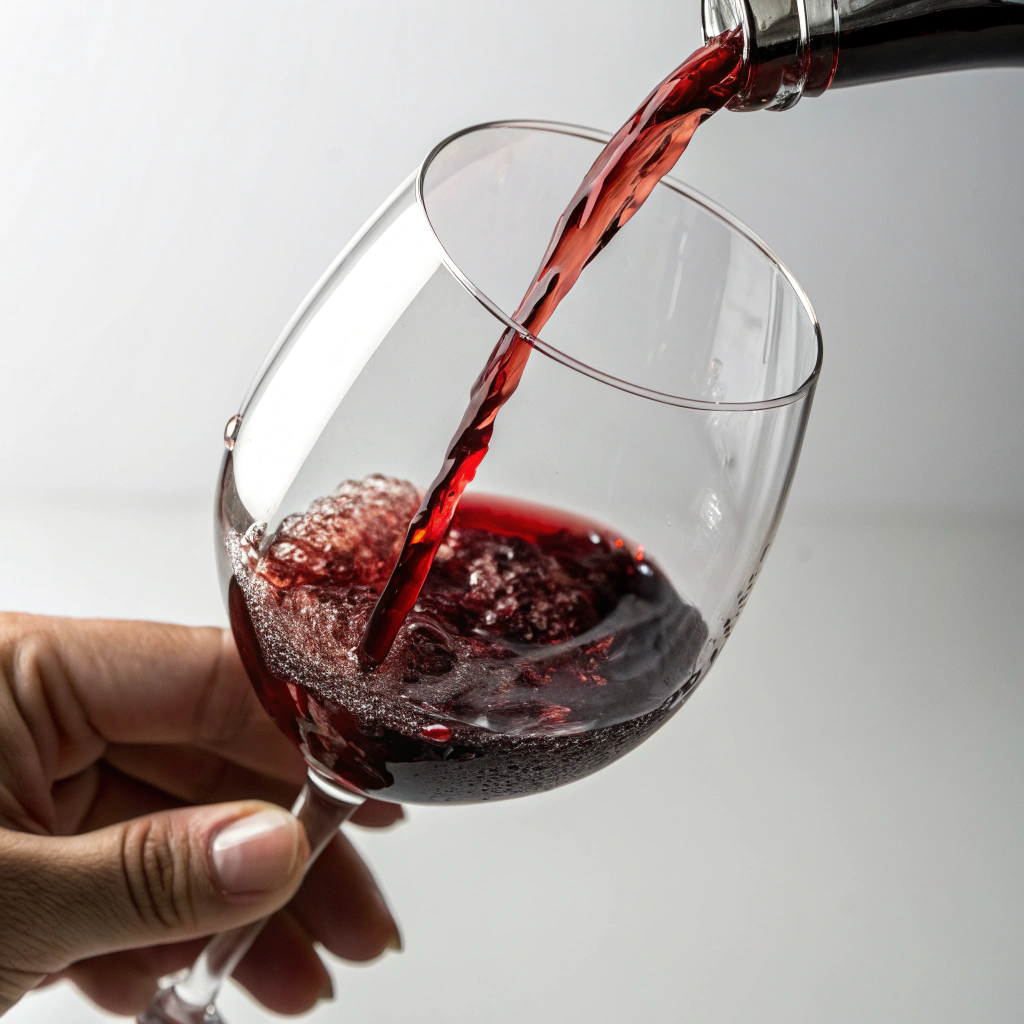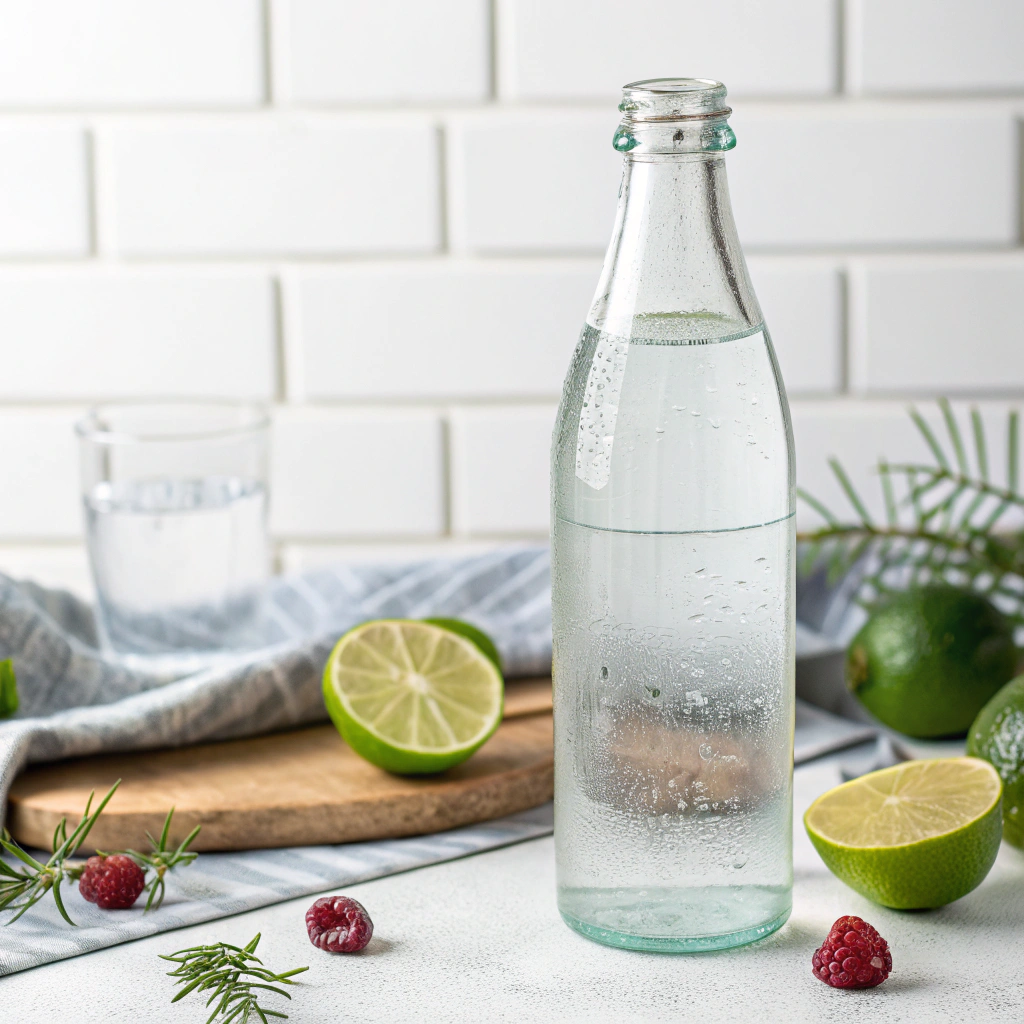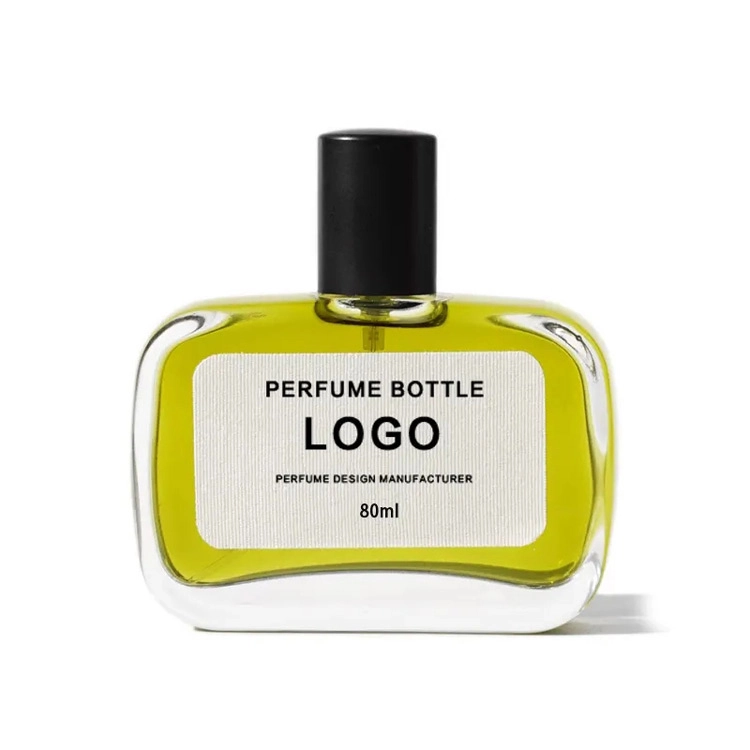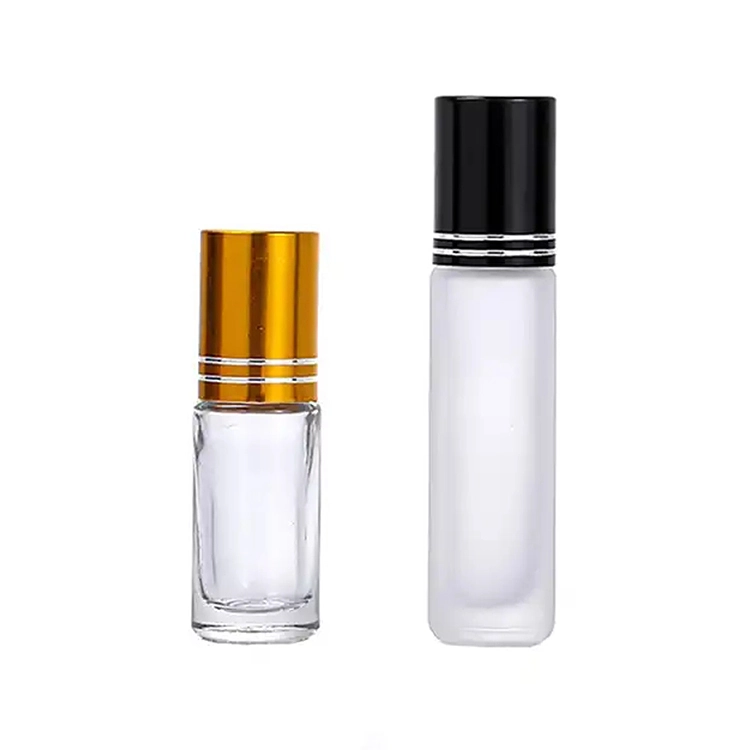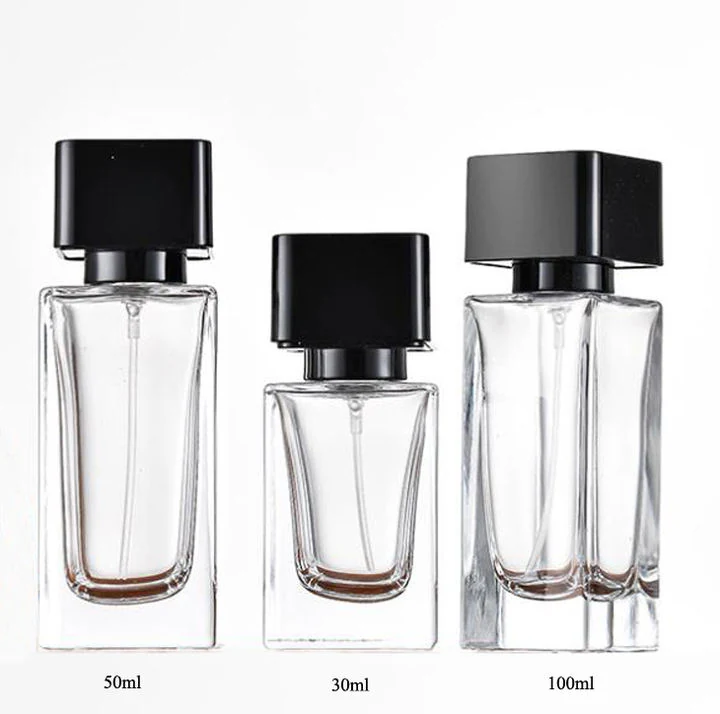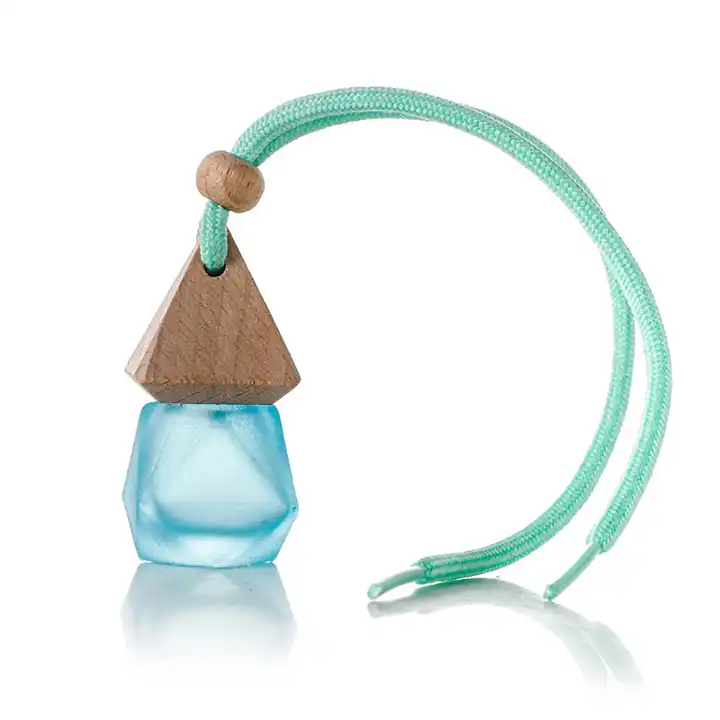
Part 1: Market Size and Growth
The glass bottle industry in Zambia has developed steadily in response to demand from the beverage, food, and pharmaceutical sectors. Local breweries and soft drink companies drive much of the production, with consistent growth linked to rising consumption. Glass packaging is favored for its durability and safety.
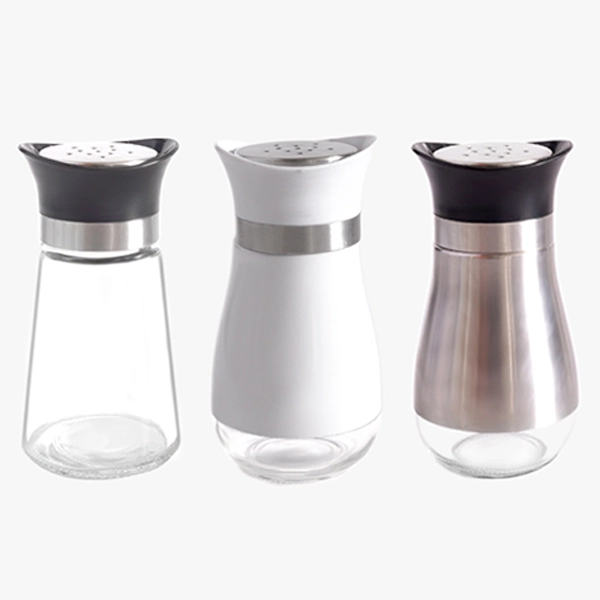
The market is not as large as South Africa or Nigeria, but it holds strong potential. Glass bottles are widely used for beer, spirits, honey, and traditional beverages. Custom designs are increasingly popular among cosmetic and food producers. This creates new opportunities for local manufacturers.
Government policies promoting industrialization support the sector. Access to raw materials, regional trade partnerships, and investments from multinational firms shape the market’s future. Despite challenges with imports and machinery, Zambia’s position in Southern Africa helps it serve nearby markets.
Part 2: Leading Companies
Zambian Glass Industries
Zambian Glass Industries is one of the key producers of glass packaging in the country. Established several decades ago, it has supported the beverage and food packaging sector.
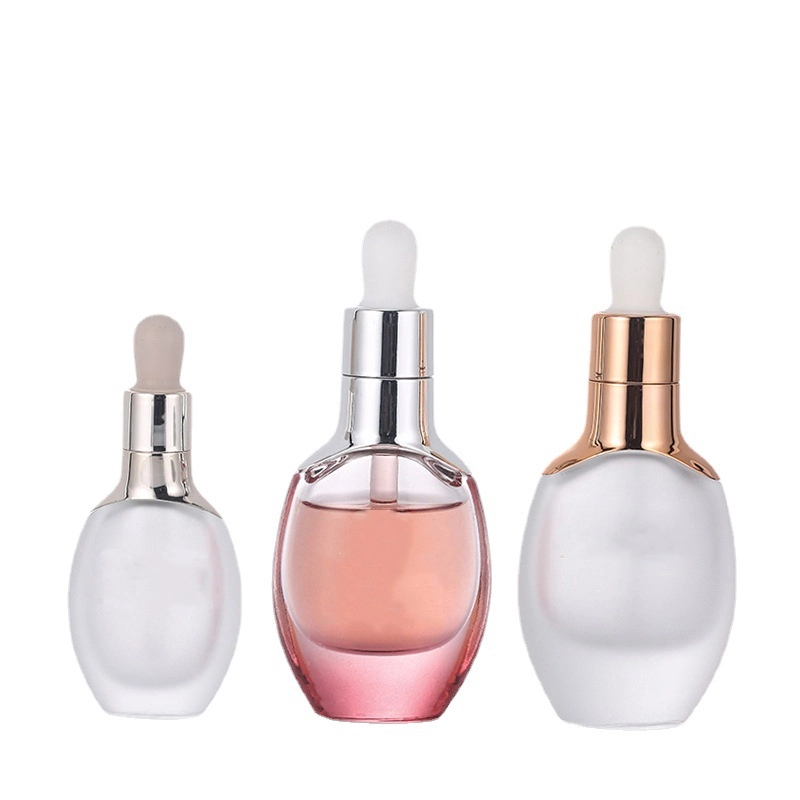
The company makes bottles for beer, spirits, and soft drinks. It serves breweries, mineral water producers, and local food companies. Its focus on affordable production and quality assurance gives it an edge. Certifications in product safety and quality have strengthened its brand image.
Ndola Glass Manufacturing
Ndola Glass Manufacturing is a regional supplier that produces glass containers for multiple industries. Based in the Copperbelt region, it is strategically located near major transport routes.
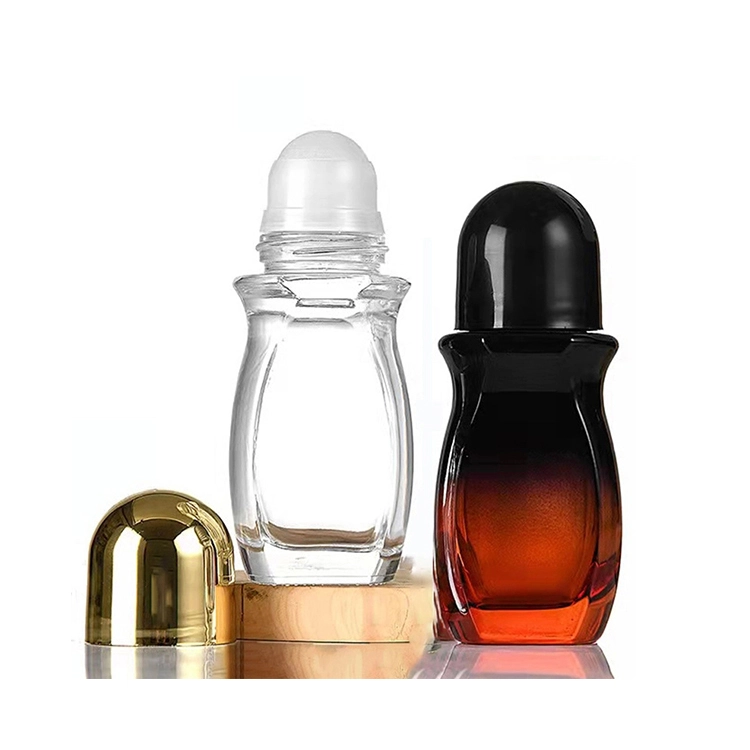
The company manufactures bottles for honey, juices, and pharmaceuticals. It also supplies customized bottles for cosmetics. Its strength lies in flexible design and mid-size batch production. Recognition for environmental initiatives and recycling has boosted its reputation.
Lusaka Glass and Containers
Lusaka Glass and Containers is a more recent player focusing on specialty bottles. Established in the last decade, it caters to niche industries such as perfume, luxury spirits, and gourmet food packaging.
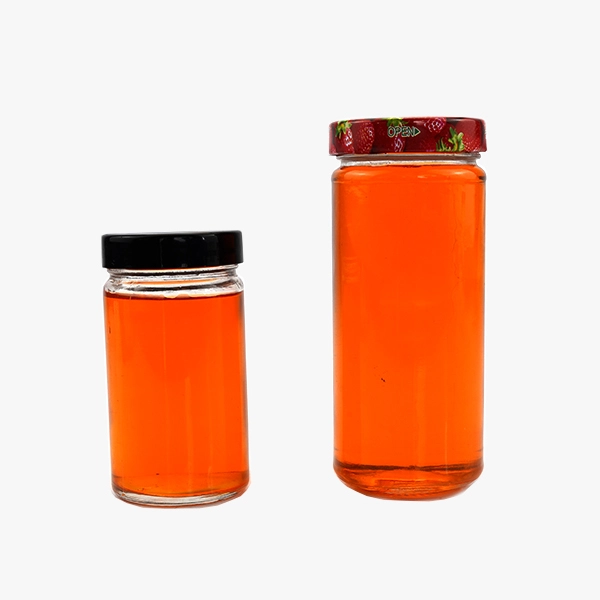
The company emphasizes eco-friendly production and advanced finishing techniques. It serves beauty brands, herbal companies, and premium beverage producers. It highlights sustainable practices and modern certifications in quality and environment.
| Company | Founded | Core Products | Industries | Certifications |
|---|---|---|---|---|
| Zambian Glass Industries | 20th Century | Beer & soft drink bottles | Beverage, Food | Safety & Quality |
| Ndola Glass Manufacturing | 21st Century | Honey & pharma bottles | Food, Pharma, Cosmetics | Environmental Standards |
| Lusaka Glass and Containers | Recent | Perfume & luxury bottles | Cosmetics, Gourmet, Spirits | Quality & Eco-Certifications |
Part 3: Trade Shows and Industry Events
Zambia International Trade Fair
The Zambia International Trade Fair is the largest exhibition in the country and a key stage for packaging companies. Glass bottle manufacturers present their products to domestic and international buyers.
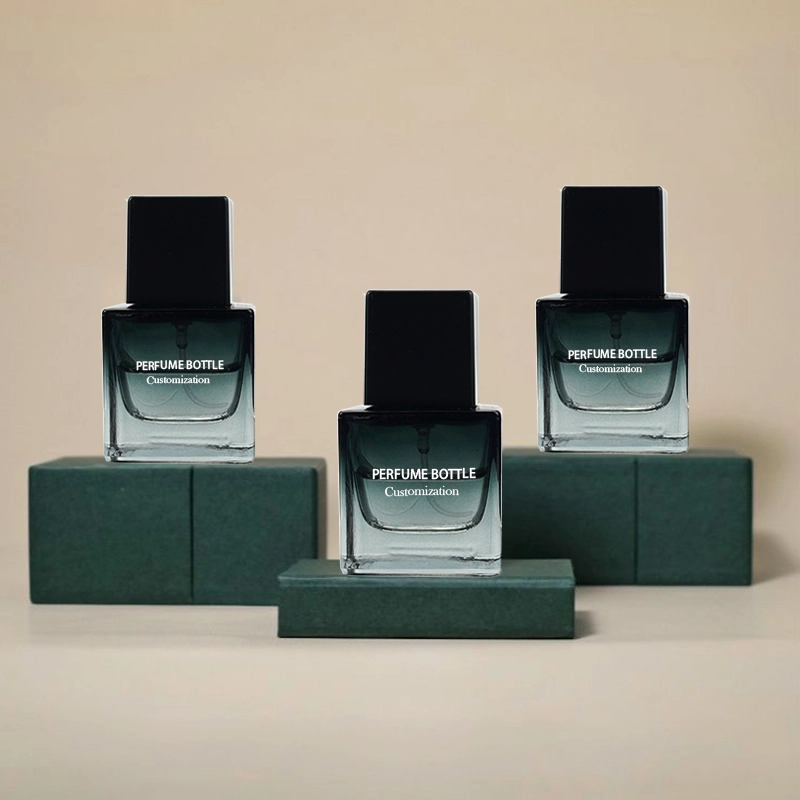
Held annually in Ndola, it attracts participants from across Southern Africa. Highlights include product showcases, business forums, and new packaging innovations. It remains a crucial platform for networking.
Southern Africa Packaging Expo
Southern Africa Packaging Expo is a regional event that brings together packaging producers, including Zambian glass manufacturers. It rotates between Zambia, Zimbabwe, and South Africa.
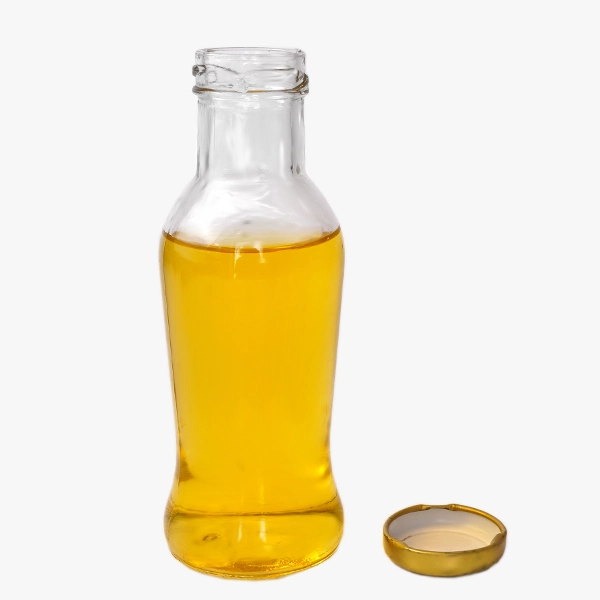
It features exhibitions of glass, plastic, and metal containers. Highlights include eco-packaging technologies and automation in production. Zambian companies attend to explore export markets and strengthen regional partnerships.
| Event | Date | Location | Highlights |
|---|---|---|---|
| Zambia International Trade Fair | Annual | Ndola, Zambia | Packaging showcases, business networking |
| Southern Africa Packaging Expo | Biennial | Regional (Zambia/Zimbabwe/SA) | Eco-packaging, automation |
Part 4: Impact of Global Trade Policies
Global trade policies influence Zambia’s glass industry by shaping access to imports, machinery, and raw materials. Import duties sometimes make equipment costly, but regional trade agreements ease cross-border exchanges. This balance affects production costs and competitiveness.
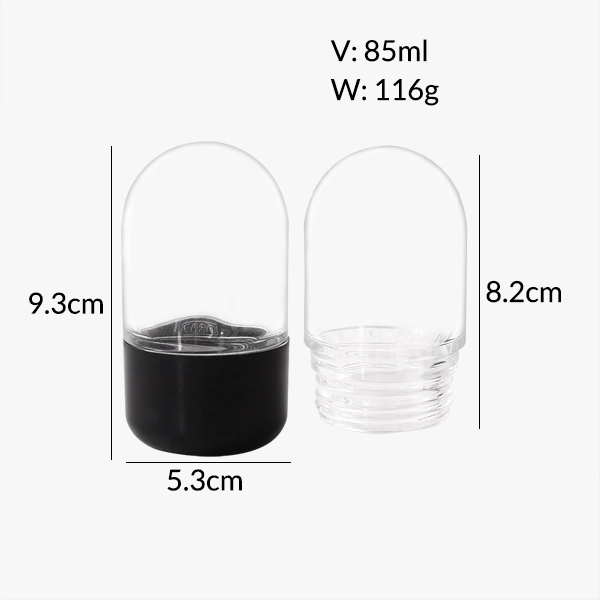
Local substitution policies encourage domestic production to reduce import reliance. At the same time, supply chain risks exist due to transport costs and dependency on regional suppliers. Competition with international suppliers drives local manufacturers to innovate and invest in eco-friendly production.
Part 5: Conclusion
The glass bottle sector in Zambia continues to evolve with demand from beverages, food, and cosmetics. Local manufacturers that invest in eco-friendly production and design flexibility are well-positioned for growth.
However, challenges such as supply chain disruptions, equipment costs, and global competition remain. The future of the industry will depend on regional partnerships, sustainability practices, and the ability to serve both domestic and export markets.
Recommended Reading:
- Glass Bottle Manufacturers in Yemen
- Glass Bottle Manufacturers in Venezuela
- Glass Bottle Manufacturers in Vatican City
- Glass Bottle Manufacturers in Uzbekistan
- Glass Bottle Manufacturers in Uganda
- Glass Bottle Manufacturers in Qatar
- Glass Bottle Manufacturers in Turkmenistan
- Glass Bottle Manufacturers in Tunisia
2 oz Straight Sided Glass Jars With Metal Lid
Glass Bottle Manufacturers in Namibia
1ml 1.5ml 2ml Mini Perfume Sample Bottles Wholesale
300ml Honey Pot Glass Jar With Plastic Cap

